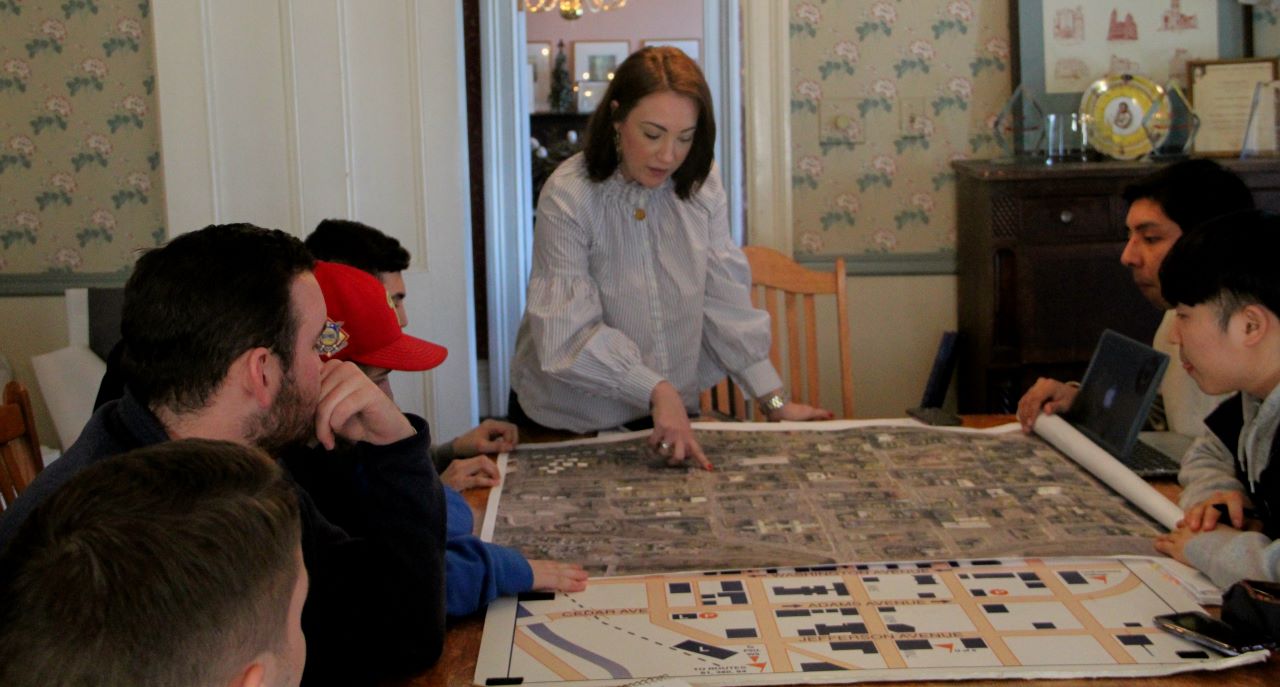What Is CBL

Community-Based Learning (CBL) is an academic experience that involves students working with individuals, groups, or organizations in ways structured to meet community-defined needs.
In keeping with the Jesuit, Catholic mission of The University of Scranton, CBL incorporates a global perspective and understanding through integration of theory with practice, direct engagement with community members and personal and critical academic reflection. Community-Based Learning prepares students to understand common challenges facing humanity, identify systemic problems, and develop a commitment to their communities, especially “people who live and work in poverty, illness, inequality, hopelessness, and other social disparities.”
Community Based Learning is distinct from other forms of service and experiential learning programs, benefiting both the students and the community partners, cultivating a sustained relationship between the students and the community partner, and focusing on connections between the classroom learning and the application of this learning through service. The aims of Community Based Learning are:
- Equally benefits the student and the community; based in community-defined needs.
- Equal focus on the service being provided and student learning.
- Learning should not be based in just experience of service; tied to curriculum, course learning outcomes, and critical reflection.
- CBL integrates service into courses/academic programs.
For more information on Community Based Learning, the principles of good practice in CBL, and an overview of how to construct a CBL course, please view the PowerPoint presentation below.
Community Based Learning: Overview and Information on Constructing a CBL Course
Office of Community-Based Learning
Contact Us:
- Office of Community-Based Learning
- Scranton, PA 18510
- The University of Scranton
- cbl@scranton.edu